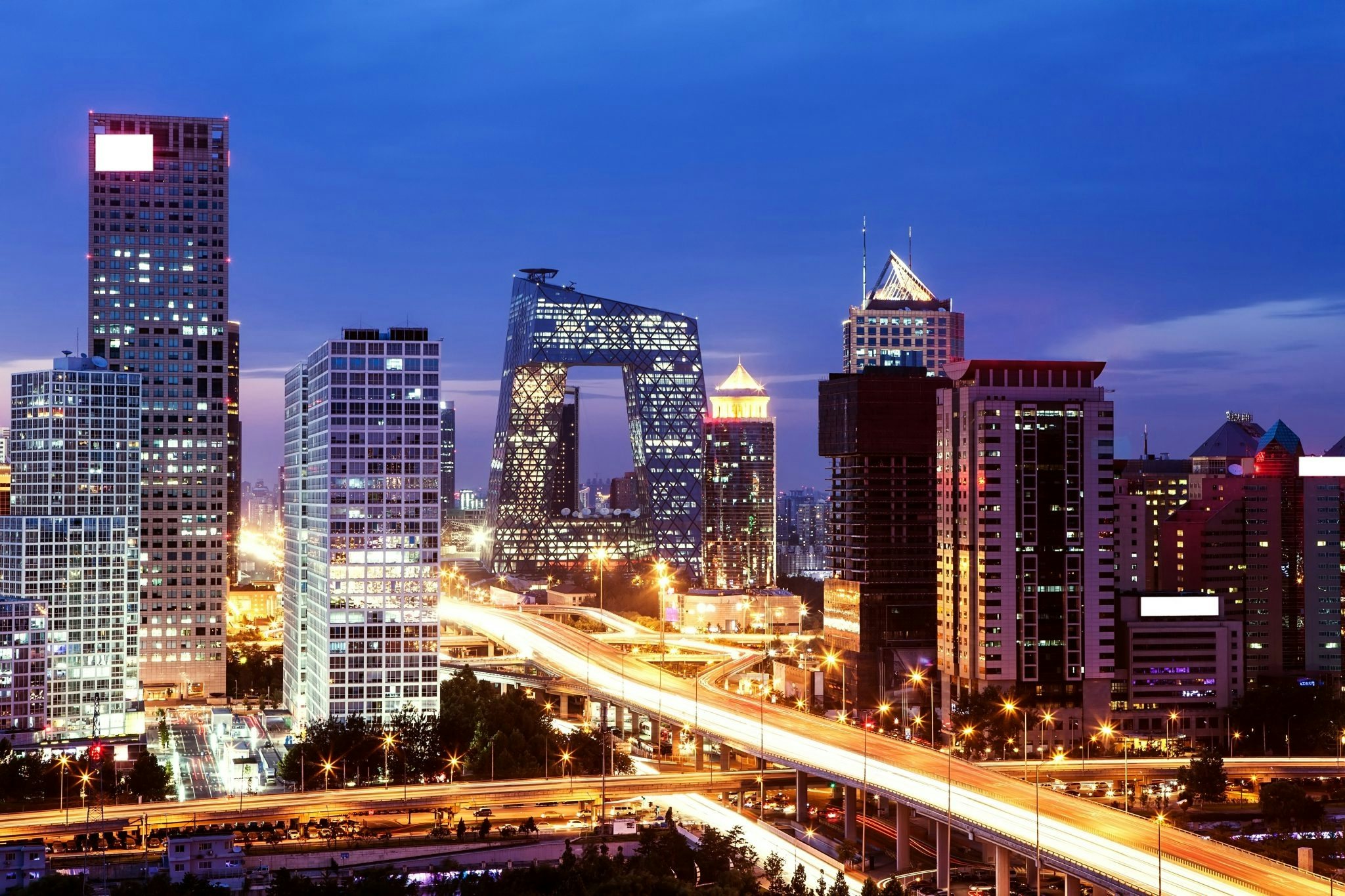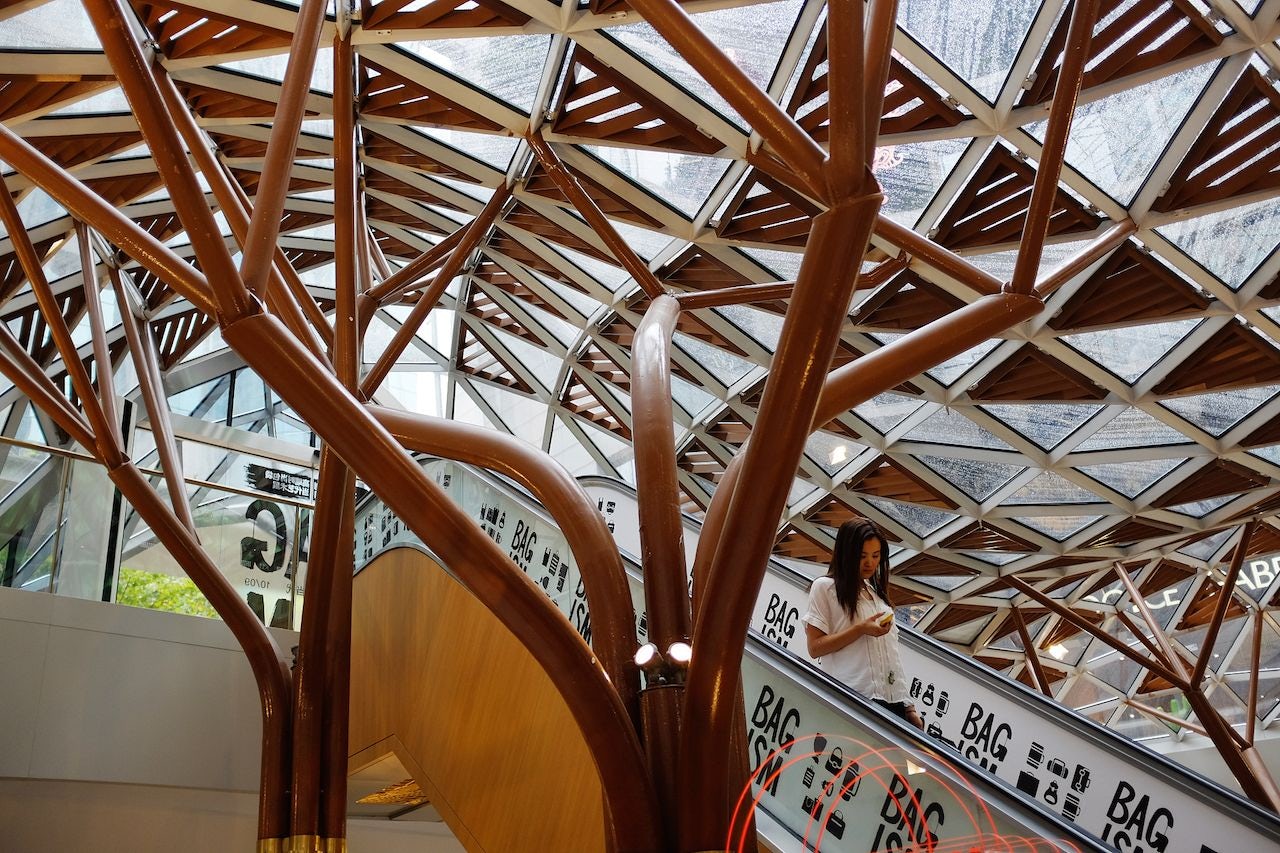Chinese consumers’ purchasing power has soared in recent years, with an increasing amount of consumers joining the world’s ultra-high net worth individuals (UHNWI) club—a group of people with 30 million or more in liquid financial assets. With soaring incomes, these ultra-rich Chinese people have the mobility and freedom to choose their place of residence.
In a recent report released by Hurun Research Institute, Beijing is ranked No. 1 as the preferred place of residence for China’s wealthiest citizens. This report, known in China as the Hurun Rich List, is an annual ranking of the country’s UHNWIs, which includes a list of the high-net-worth individuals’ names, their residence in China, their field of industries, as well as Chinese-colored trivia such as their Chinese star signs and last names.
With a total of 300 people, Beijing has kept the crown from last year. Although Beijing has 22 fewer people on the list than last year, the UHNWIs in Beijing still account for 14 percent of the 2,130 individuals who made the cutoff for the list.
Shenzhen, China’s rising star in luxury consumption and wealth, is the runner-up, and has gained 28 more UHNWIs than the previous year, for a total of 223. This metropolitan city adjacent to Hong Kong, nicknamed China’s “Silicon Valley of the South,” is the home of the Chinese internet conglomerate Tencent and other many world-famous Chinese companies, including telecommunication company Huawei and drone maker DJI.
Ranked third on the list is Shanghai, China’s equivalent to New York City, where 11 more individuals joined the list, adding to a total of 173 ultra-high-net-worth individuals. Hangzhou, the economic center of China’s South Central area, followed closely after Shanghai, with 153 individuals worth at least 300 million calling the city home, a 24 percent increase from last year. Hangzhou is also the headquarters of Chinese e-commerce giant Alibaba. The cities that follow are Guangzhou, Suzhou, Hong Kong, Foshan, Ningbo, Chengdu, Nanjing, and so on.
From a socioeconomic standpoint, the distribution of where these ultra-rich Chinese live can be interpreted as a good indicator of the quality of life in these cities, under the assumption that these ultra-high-net-worth individuals have the economic ability and freedom to migrate between cities. It is also a good indication of the economic well-being of the cities themselves—suggesting where the lucrative industries that enabled these individuals to achieve the economic success are.
The list is also a good guideline for luxury brands and high-end department stores to know where their brick-and-mortar stores should be in China, that is, where the money is. The top three cities already have an established amount of luxury boutiques and shopping malls—Shanghai has Omega’s largest flagship store in the world, and Beijing’s SKP Mall has become the sought-after destination for consumers interested in luxury stores.
However, second- and third-tier cities that are less well known like Suzhou, Foshan and Ningbo could be the next stops for luxury brands who wish to expand their physical sphere in China, because for now, after all, luxury in China is still reserved for the wealthy individuals who can afford it.


